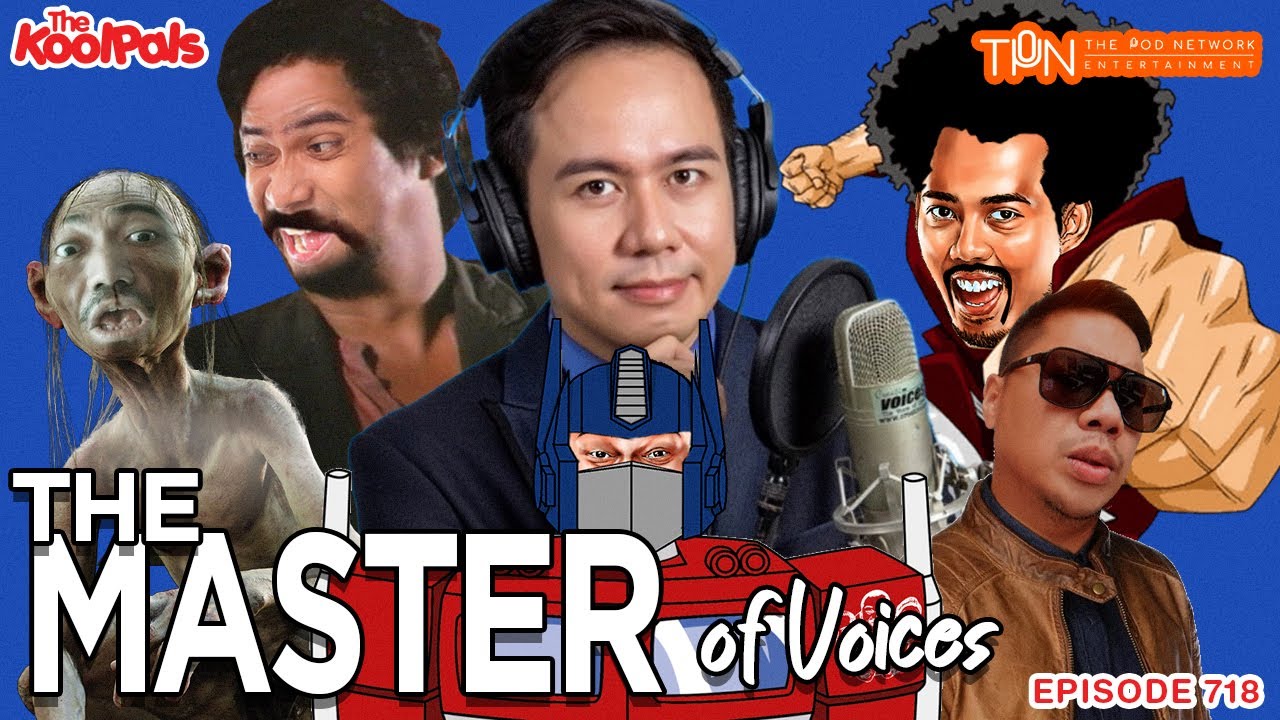
Voice acting is an art form that requires a unique blend of talent, creativity, and technical skill. This blog delves into the fascinating world of voice acting, exploring its many facets, including the training required, the challenges faced by voice actors, and the impact of technology on the industry. Join us as we uncover the secrets behind the voices that bring characters to life.
Understanding Voice Acting
Voice acting involves providing the voice for animated characters, video games, dubbing foreign films, and more. Unlike traditional acting, voice actors rely solely on their vocal abilities to convey emotions and personality. This requires a deep understanding of character development, script interpretation, and vocal modulation.

The Importance of Training
Training is crucial for aspiring voice actors. Many successful voice actors have undergone extensive training to hone their skills. This can include workshops, classes, and private coaching. Learning various techniques helps actors understand how to project their voices, use inflection, and create distinct character voices.
One notable training institution is The Best Voice Acting School in the Philippines, where aspiring voice actors can learn from industry professionals. These programs often cover a wide range of topics, including sound engineering, voice modulation, and performance techniques.

Challenges Faced by Voice Actors
Voice acting is not without its challenges. One common issue is the need to maintain vocal health. Voice actors must take care of their voices to avoid strain or damage, which can affect their performance. Additionally, the competition in the industry is fierce, making it essential for actors to continuously improve their skills.
Another challenge is the emotional aspect of voice acting. Actors must convey complex emotions without the aid of physical expression. This requires a strong connection to the character and an ability to tap into personal experiences to deliver authentic performances.

Technology and Its Impact on Voice Acting
Advancements in technology have significantly transformed the voice acting industry. The rise of digital platforms has opened new avenues for voice actors, allowing them to work remotely and access a global market. However, this also means that actors must be proficient in using recording equipment and editing software.
Moreover, artificial intelligence is starting to play a role in voice acting. While some fear that AI could replace human voice actors, others see it as a tool to enhance creativity. The key lies in finding a balance between technology and the unique human touch that voice actors bring to their performances.

The Future of Voice Acting
The future of voice acting looks promising, with increasing demand for content across various platforms. From animated films to video games and virtual reality experiences, voice actors will continue to play a vital role in storytelling. As the industry evolves, so too will the opportunities for actors to showcase their talents.
As voice acting becomes more mainstream, there is a growing appreciation for the skill and artistry involved. With the right training and dedication, aspiring voice actors can carve out successful careers in this dynamic field.

Conclusion
Voice acting is a unique and fulfilling profession that combines artistry with technical skill. As the industry continues to evolve, voice actors must adapt and embrace new challenges and opportunities. Whether you're an aspiring voice actor or a fan of the craft, understanding the nuances of this art form can deepen your appreciation for the voices that resonate with audiences around the world.
For those interested in pursuing a career in voice acting, consider seeking out training programs and workshops. With dedication and practice, you too can join the ranks of talented voice actors who bring stories to life through their voices.

